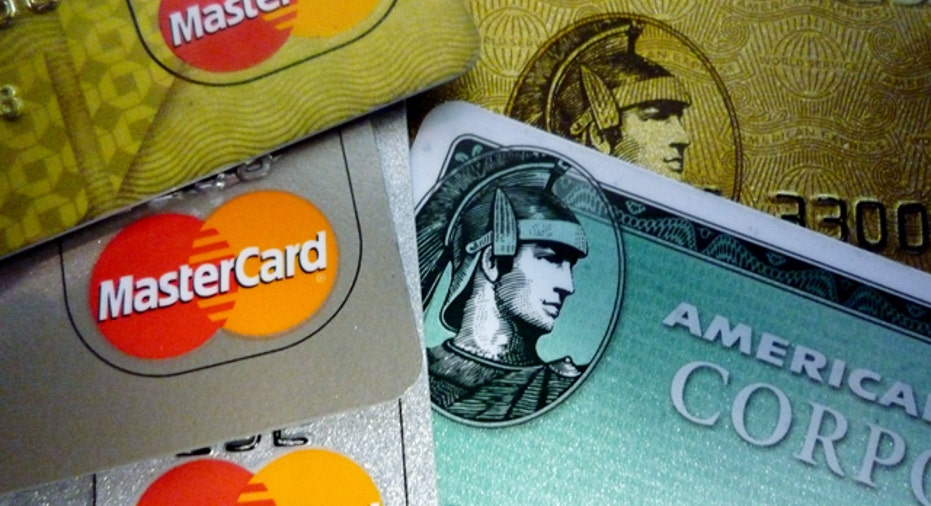Why Isn't Credit Repair Fixing My Problems?

Dear Debt Adviser, I have been working diligently to repair my credit. I think I am doing all the right things, but it just doesn't seem to be having an impact. I have opened two major credit cards with a secured line of credit because my score was so low. One card has a credit limit of $350 and the other $1,250. I keep them almost paid off. Furthermore, I have been enrolled in a credit repair program for about seven months. I have seen many things removed from my account. However, they seem to reappear as a different account with a different collection agency a few months down the road.
I've read your advice that charge-offs need to be paid. If the account shows that the debt was charged off, but purchased by another lender, whom should I pay: the original creditor or the collection company? This whole process is very difficult. My credit repair company tells me not to pay anything off. I just want to repair my credit the right way. It is next to impossible to get accurate information from anyone. Please help! -- Martha
Dear Martha, I have no doubt you have been diligent. Unfortunately, you have taken a wrong turn and, as we say here in New England, you can't get there from here.
I don't recommend using credit repair companies or debt settlement companies. Both are expensive, offer little and can get you in a mess of trouble. I suggest you check the Federal Trade Commission's website to learn more about your rights and protections when dealing with a credit repair company. The Credit Repair Organizations Act was passed specifically to protect the public from unfair or deceptive advertising and business practices by credit repair organizations.
The money you are spending for credit repair would be better used to pay off some of your old debt. Many services provided by the credit repair company are things you could have done yourself for free.
For example, the items you have seen disappear and then reappear on your credit reports were most likely removed because the credit repair company disputed the item with the credit bureaus. Filing a dispute with the credit bureaus is simple and can be done by you for no charge. Once an item is disputed, the company that reported the item must provide proof that the debt is valid and belongs to the person on whose report it appears. Once they provide the data, the item reappears on your credit report. If a collector doesn't have the proper documentation to validate a debt, the credit bureau is required to remove the item permanently.
Repairing damaged credit does not happen quickly. Your credit report is an accurate history of how you managed your credit accounts. If you have been late with payments, had accounts charged off, had a judgment issued or filed for bankruptcy, the stain will show up on your credit report for seven to 10 years, depending on the issue. But the good news is most people who view your credit report will give much more weight to how you have managed your credit in the last two years. So the positive information you are adding with your new credit accounts will help improve your credit over time. As long as you pay all your current accounts on time and as agreed, your credit will slowly improve.
To pay your charged-off accounts, contact the collector who is reporting the debt as being owed. Request verification of the debt and then work out a payment plan. Paying your outstanding debts accomplishes several things. One, you have met your obligation, and the collection process will cease. Two, anyone reviewing your credit report will want to see that you eventually paid what you owed, even if it was very late. Future lenders, employers, landlords and insurers will want to see that you paid your accounts. And finally, you will know you did the right thing.
Good luck!
Bankrate's content, including the guidance of its advice-and-expert columns and this website, is intended only to assist you with financial decisions. The content is broad in scope and does not consider your personal financial situation. Bankrate recommends that you seek the advice of advisers who are fully aware of your individual circumstances before making any final decisions or implementing any financial strategy. Please remember that your use of this website is governed by Bankrate's Terms of Use.



















